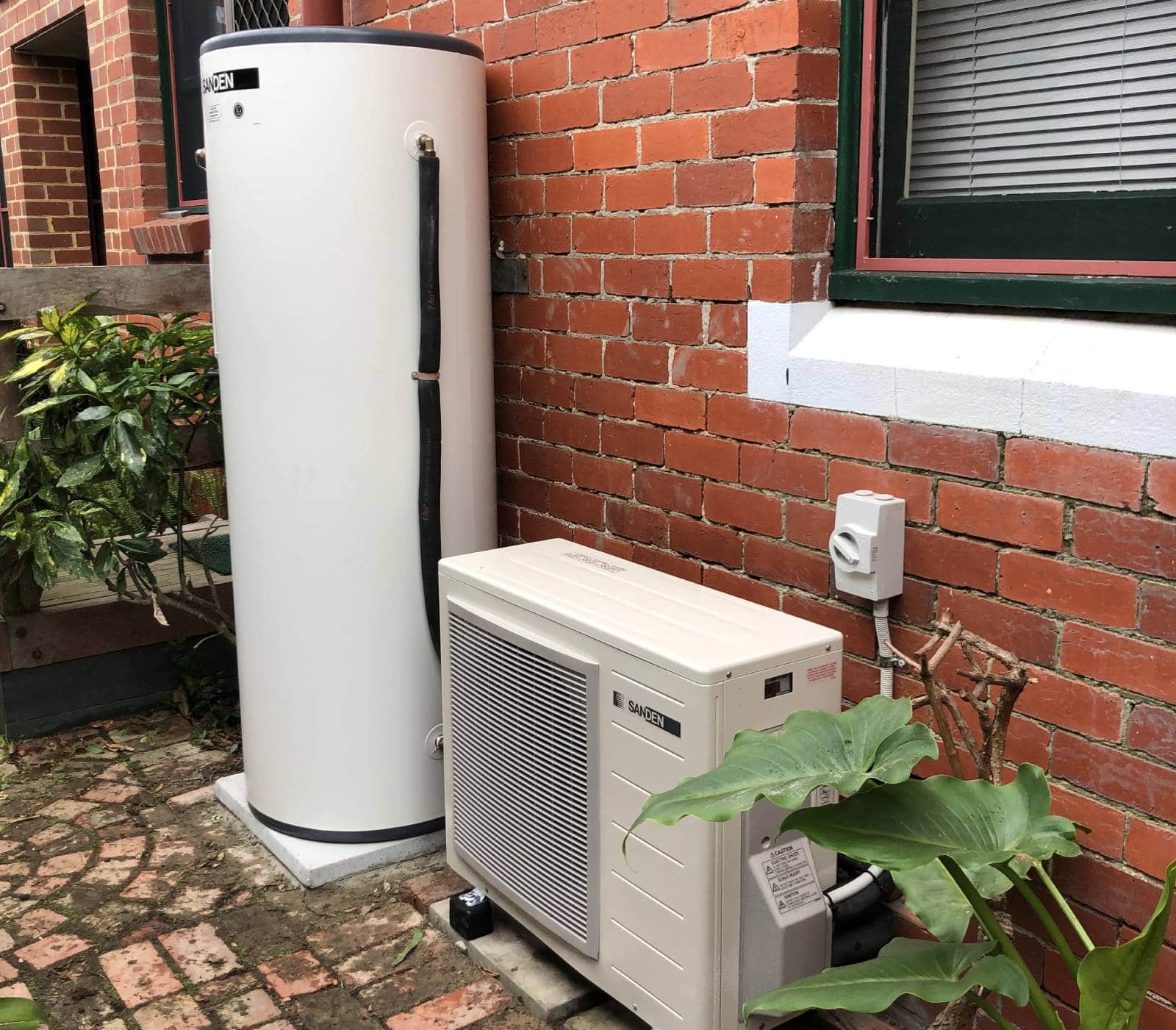Do you know that according to the Australian Department of Industry and Science, heating water takes up about a quarter of the energy used in a typical Australian home? Currently, it is the biggest single source of greenhouse gas emissions in an average home.
This is why, selecting a more effective water heating option could cut your power bill by a significant amount, even cutting it to nothing in some cases.
However, there are a lot of additional factors to consider if you are tossing up between switching to solar water heating.
So which hot water system is the best?
Both systems will provide your household with the hot water it needs while also offering energy savings. However, factors like initial installation costs should be taken into account.
What is a Solar hot water System?
A solar hot water system works exactly how it sounds, it uses energy from the sun to make water hot.
The system uses a thing called collectors (panels that look like solar panels) which sit on the top of your roof in the sun and heat the water as it moves through them. It will also have a tank which, depending on the type of system, either sits above the collectors or on the ground and stores the water.
Solar hot water systems usually also have a gas or electric booster as a back up when there isn’t enough sun to heat the water completely.
What is a Hot water heat pump?

Hot water heat pumps use electricity, but not much to heat water. They use heat from the outside air and utilise that heat to the water stored in a tank. Pretty much, they are reverse fridges. Fridges remove the heat from inside the fridge and send it to the outside air, heat pumps do the opposite and take heat from the outside air and turn it into hot water.
Heat pumps are highly energy efficient; they can use up to 4 times less electricity compared to conventional electric resistance hot water systems.
The Costs
When choosing between a solar hot water system and a heat pump, it’s important to think beyond just the initial cost.
There’s the first cost, which is installation and this can vary depending on how complicated the setup is and whether any additional work is needed, (for example reinforcing your solar panels).
Then there’s the ongoing running cost, this is how much it costs you day to day or month to month. This will be affected by your electricity setup, but simplified in general solar water heaters will use less electricity.
Maintenance is another factor. Some systems might need more services or occasional repairs, which can add up over the years. It is important to not cheap out on the system you choose, as quality is vital. You should think of it as a long term investment instead of just choosing the cheapest option.
Benefits of Solar Hot Water vs Heat Pumps
Below is a quick summary of the benefits and disadvantages of heat pumps and solar hot water systems. If you decide to choose a heat pump, and need installation in Melbourne, contact Solar Flow today!
Heat Pump Advantages
- Lower initial cost compared to a solar hot water system
- Highly energy-efficient, using up to 4 times less electricity than traditional electric hot water systems
- More environmentally friendly, as heat pump systems generate 3 times the energy they consume
- Can operate without sunlight, making it possible to run on off-peak electrical rates
- Long lifespan of 20+ years if properly maintained
Solar Hot Water Advantages
- Much more efficient when collector panels are positioned correctly
- Extremely reliable system
- Lower maintenance costs
- Government rebates may help offset some of the cost
- Long lifespan of 20+ years if well maintained
- Does not require mains electricity
Disadvantages of Solar Hot Water vs Heat Pumps
Heat Pump Disadvantages
- Higher upfront cost for the system
- Produces a low hum, similar to that of an air conditioning unit, so installation location should be considered
- May take longer to heat water in colder conditions
- Servicing can be more expensive than traditional electric or gas hot water systems due to the increased frequency of required maintenance (e.g., heat pumps: 3-5 years, gas/electric: 5-8 years)
Solar Hot Water Disadvantages
- Expensive to purchase and install
- Efficiency can depend on weather and sunlight availability
- Requires roof space for solar collector installation
- Large buildings or nearby trees can reduce energy production
